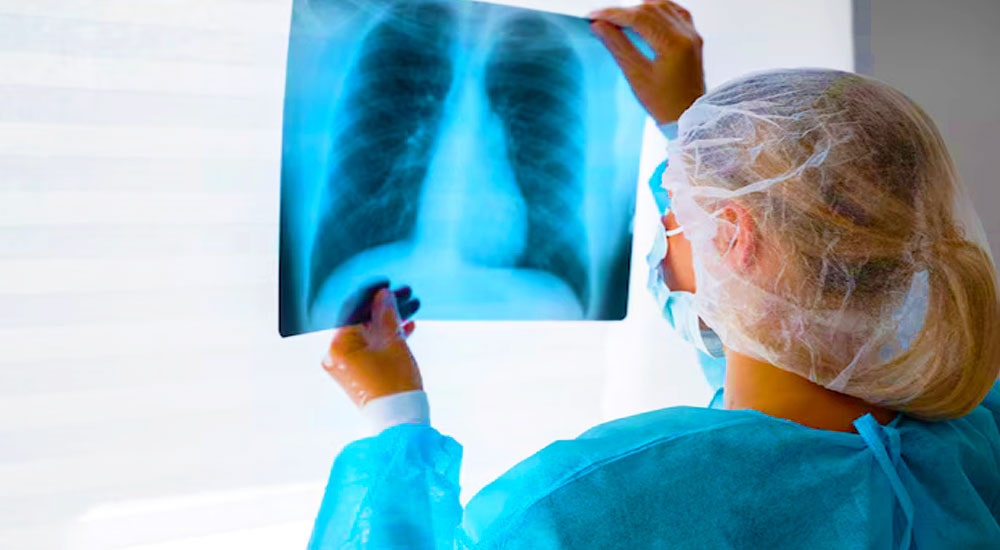
Lung cancer is one of the most common causes of death worldwide. As the name suggests, lung cancer develops in the lungs and spreads to other parts of the body. The symptoms and treatment depends on the stage of the cancer. The treatments may include chemotherapy, immunotherapy, radiation and targeted treatment. In this blog post, explore further about lung cancer.
What is lung cancer?
Lung cancer is a condition that develops when the cells of the lungs divide uncontrollably. The cells divide and produce more copies of themselves. This results in forming a tumour. Lung cancer usually begins in the airways or small air sacs.
What are the types of lung cancer?
Although there are many types of lung cancer, non-small cell lung cancer and small cell lung cancer are the main two types.
What are the symptoms of lung cancer?
The symptoms of lung cancer are similar to that of other less serious conditions. Also, most people do not experience any symptoms until the cancer reaches its advanced stage. However, the common symptoms may include:
However, the symptoms may vary depending on the location of the cancer.
What are the initial signs of lung cancer?
The initial signs of lung cancer may include cough or pneumonia that keeps recurring after treatment. Apart from these, cough, shortness of breath, chest pain, and wheezing are the most common signs of lung cancer.
What causes lung cancer?
Lung cancer occurs when the cells in the lungs divide uncontrollably. However, the exact cause behind this is still unclear. Healthcare providers have identified certain risk factors for lung cancer. The common risk factors include:
How is lung cancer diagnosed?
At first, your healthcare advisor will ask about the symptoms, medical history, family medical history, and perform a physical exam. Due to the fact that the symptoms of lung cancer are similar to other less similar conditions, that is why doctors suggest chest x-ray, PET scan, and MRI.
The treatment for lung cancer depends on various factors including the types, location, stage, and individual health status. Chemotherapy, radiation therapy, surgery, radiofrequency ablation, targeted drug therapy and immunotherapy are used to treat lung cancer.